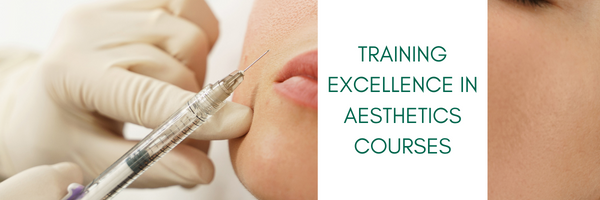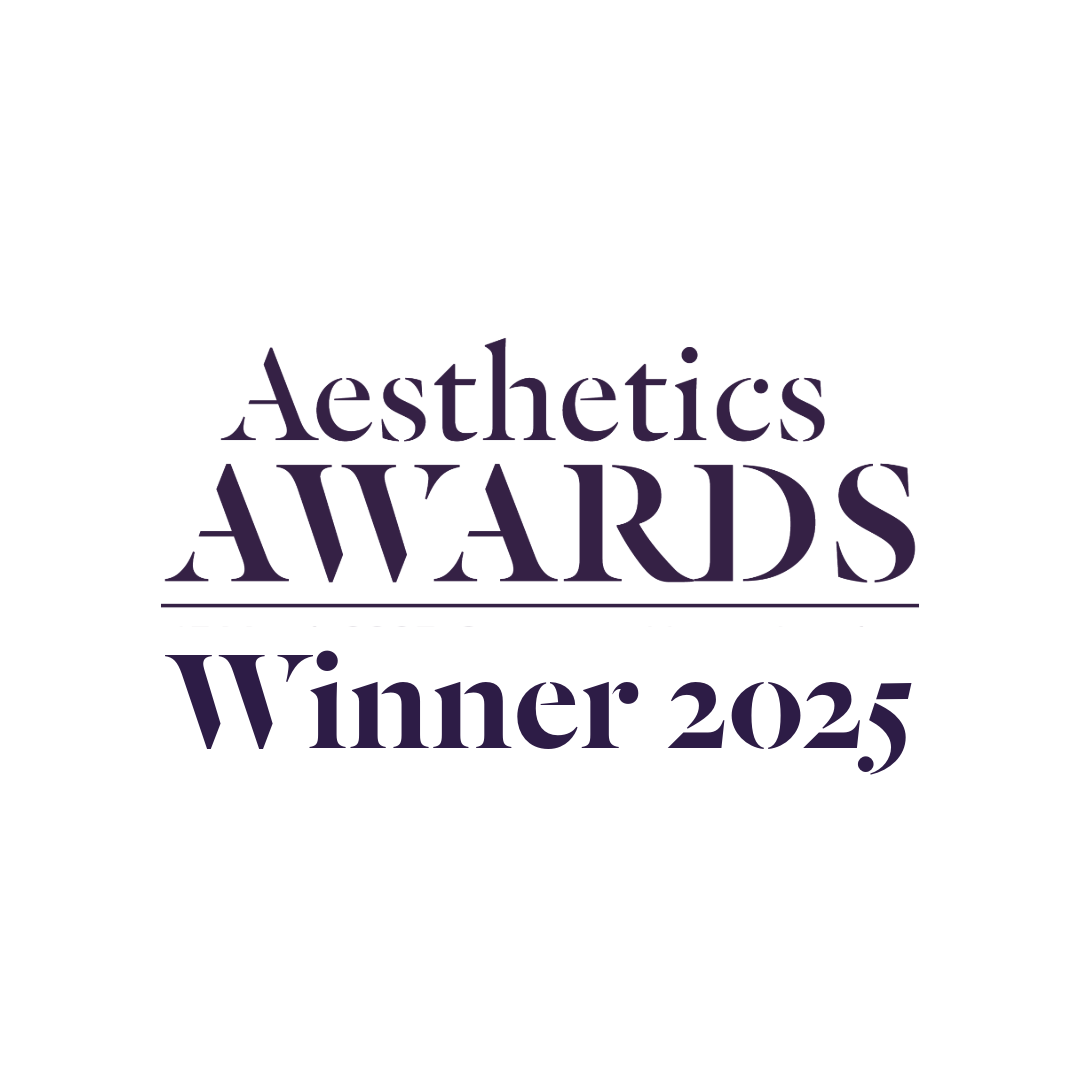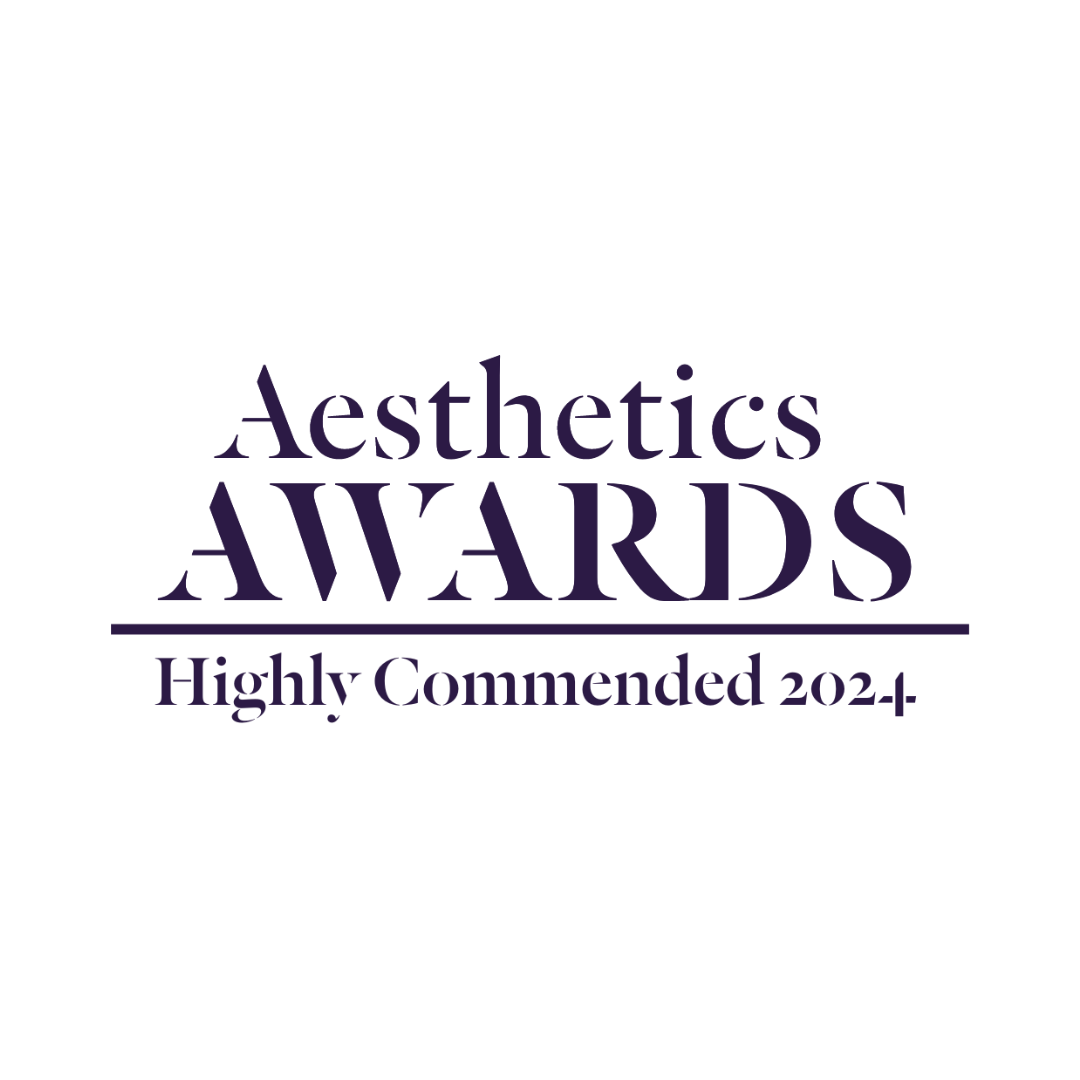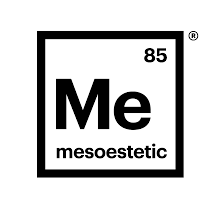The aesthetics industry is growing rapidly each year. With new practitioners coming into the industry and existing aesthetic practitioners, we have to ensure that there is a safety standard that we are all following. It is important to ensure that the delegates who are attending our training courses are trained in the latest techniques and procedures in safest way possible. That being said, there are still many questions surrounding safety and raising standards within the aesthetics sector – here’s what we are doing to raise standards and shape a safer future within aesthetics.
Aesthetic practitioners must be medically qualified
Aesthetic practitioners must be medically qualified. This is one of the most important aspects when raising stands in the industry. Facial anatomy is a crucial part of the aesthetic practitioner’s training. Aesthetic practitioners need to understand facial anatomy so they can safely carry out procedures that involve injecting products into or around the skin, as well as less invasive treatments. Without this knowledge, you are putting your patient’s health and safety at risk. It is important to understand how the face is structured in order to provide the best treatments for your patients in the safest way possible.
Training must be performed in a clinical environment
The term “clinical environment” refers to an area where medical procedures are performed, such as a clinic. The importance of training in a clinical environment cannot be overstated: it ensures that students learn the proper techniques and get used to performing them under this environment. If you’re not training or treating in a clinic environment you are putting your patients at a higher risk of complications. A clinic environment tends to have has a level of cleanliness and sanitation reducing the risk of infections when treating. Another factor is the lighting. You need to be able to see where you are injecting. Clinic environments have appropriate lighting needed when treating your patients. We have state of the art training clinics around the UK providing all of our aesthetic training courses. You will never learn outside of a clinic environment.
Ensuring medical professionals are given full support when starting out in aesthetics
We understand that moving into the Aesthetic Industry can be a daunting process. When starting out, there isn’t a huge amount of support available for you. That’s why we offer free of charge support before, during and after your training to make the process as simple and enjoyable as possible. Our comprehensive range of services and learning opportunities are designed to help you as a medical professional to upskill in aesthetics and take your career to the next level. To ensure that medical professionals are given full support in aesthetics, we offer support in the key following areas:
- Clinical questions – helping you to understand how to administer injectables safely and effectively.
- Business questions – helping you to build your business through admin, marketing and building relationships with other businesses in the aesthetics industry.
- Marketing – teaching you how to promote yourself and the treatments you offer to your target patients.
All of our expert aesthetic trainers have excelled in their respective fields
All of our expert aesthetic trainers have excelled in their respective fields. They are all highly qualified and experienced in their field, with an excellent track record of training. This has given them a comprehensive understanding of the skills required to become a successful aesthetic practitioner. Their passion for aesthetics means they want to share their knowledge, enabling you to gain a deeper understanding of the subject matter as well as improve your skillset as an aesthetic practitioner. They will teach you how to perform aesthetic treatments in the safest possible way. Their hands-on approach will leave you feeling confident, giving you the knowledge and practical hands-on experience to improve your skills, expand your business and grow as an aesthetic practitioner.
We are working closely with the JCCP to ensure a high level of quality and safety within the aesthetics industry.
The Joint Council for Cosmetic Practitioners otherwise known as the JCCP are a ‘not for profit’ organisation that was made to bring ‘self-regulation’ to the non-surgical aesthetic sector within the UK. They are the body that registers practitioners, approved education, and training providers with a strong focus on patient safety. We are working closely with the JCCP to ensure that regulation is brought into the aesthetics industry to shape a safer future.
Raising standards and shaping a safer future
Safety is paramount, and training must be performed in a clinical environment. We understand that medical professionals may be starting out in aesthetics and need all the support they can get. That’s why all of our expert aesthetic trainers have excelled in their respective fields. They know how to help you succeed and learn quickly, so you can give your patients what they want, safe treatments that look natural and beautiful.
We have been about since 2002 and have continued to provide the highest quality Botox training and aesthetic medicine courses across the UK. We have a great reputation in the industry for delivering excellent training courses, which is why so many medical professionals choose us as their training provider when it comes to hands-on learning of new aesthetic treatments or gaining their aesthetic qualifications. We are confident that our aesthetic training courses will help to raise the standards and shape a safer future for the aesthetics industry. We will only train medical professionals in a clinical environment.
Find out more
Our team are always on hand to support you every step of the way, from what to train in next to business and marketing advice. You can contact us on: 01844 390110 / [email protected]
The Aesthetics Knowledge Hub is a great place for you to find answers to frequently asked questions from aesthetic practitioners. Here you will find out key information on the aesthetic industry.












